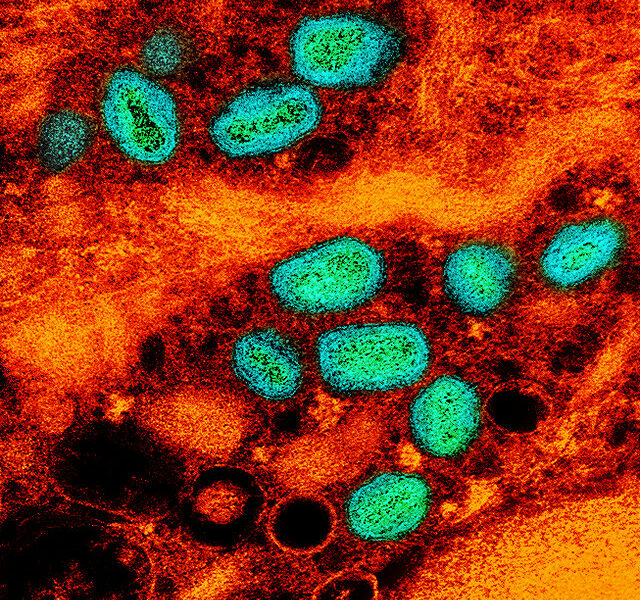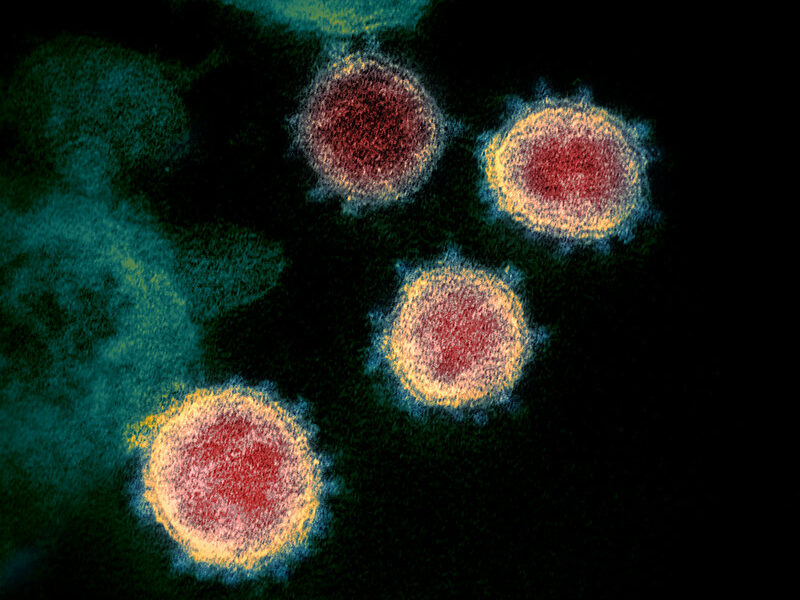Egypt, a country that has seen significant change and upheaval in the past year, is now experiencing a severe outbreak of foot and mouth disease. This outbreak is the result of a new strain of the virus, SAT2, a strain never before seen in Egypt.
Egypt’s farmers have suffered great losses through death of livestock, which supply their subsistence. The estimated case count varies, but the latest reports claim 9,621 deaths and 58,132 infected. According to FAO, approximately 6.3 million buffalo and cattle and 7.5 million sheep and goats are at risk. To prevent further spread, farmers have quarantined and euthanized animals, and have stopped animal trade across farms and borders. This has caused uproar among camel traders, specifically the Association of Camel Importers. Despite being protected from the disease, some camels have been prevented from being transferred across the border and are stuck at the Sudanese border and the Suez port. The Minister of Agriculture is planning to exempt camels from the transportation ban to counter this issue, since 250,000 camels are transferred annually and they provide 40% of meat in the domestic market.
Hatem Farag, Assistant Minister of Agriculture, released that Egypt may import vaccines to protect uninfected animals. Further, the ministry may require more stringent regulations, such as requiring poultry and livestock breeders to appoint veterinarians to improve safety standards. The origin of the outbreak is still unclear with some claiming that it was imported from neighboring countries due to lack of clear and consistent regulations.
Foot and Mouth disease is a highly infectious viral disease that targets animals with cloven hooves and can spread through air, close animal-to-animal contact, bodily fluids and even contaminated objects such as farmer’s clothes. Despite the wider range of mortality rates, it seems that young animals are more susceptible than older ones. Although humans are safe from contracting the disease, they still feel the repercussions as animal health affects productivity, specifically agricultural, and local economy. Vaccination against Foot and Mouth disease can be quite complicated as the immunity achieved is temporary and there’s a plethora of strains requiring different vaccines. This is the problem with the current outbreak – it is caused by a new strain and animals have no immunity.
Egypt’s farmers are enraged and have thrown dead cows in front of the governor’s offices in protest, accusing the government of incompetence. Meanwhile, North African and Middle Eastern countries are threatened by the outbreak spreading to them, which could lead to significant food shortages in the region.

